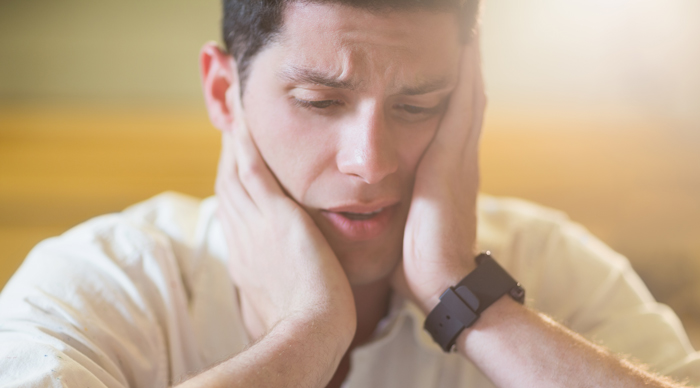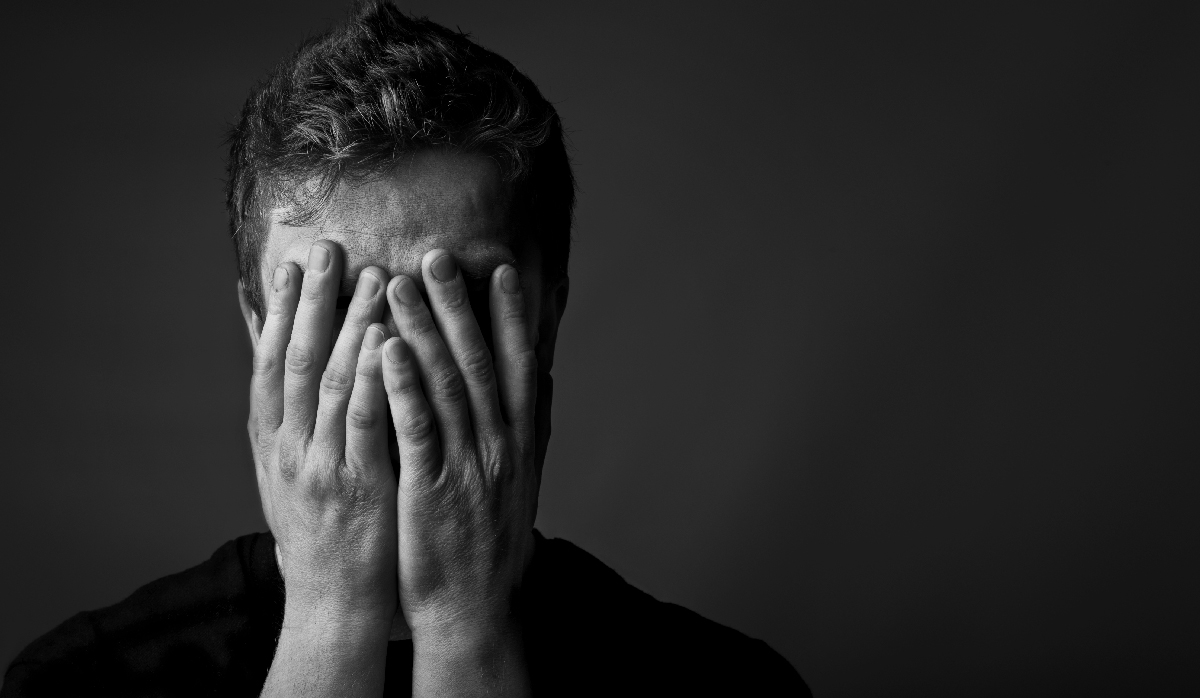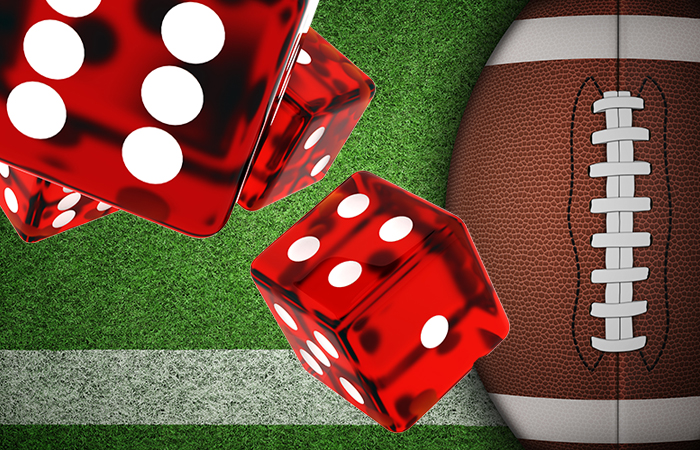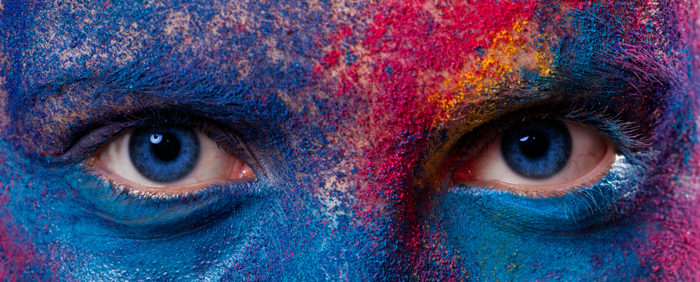Being sad is one thing, but suffering from social anxiety disorder (SAD) is a critical point for emotional and psychological correction. Eventually, “wanting” a drink will turn into “needing” alcohol to distract from any personal stresses. For a long time, experts have witnessed that people with anxiety disorders are susceptible to substance abuse and vice versa, but determining which one is the preceding problem forms a stumbling block for diagnosis. An overwhelming conceptual urge to depend on alcohol begins addiction, resulting in many side effects. If not addressed quickly enough, alcohol will only increase the symptoms of anxiety.
Being Shy is Not the Same As Social Anxiety
There is a difference between shyness and social anxiety, and it is crucial to address the symptoms of social anxiety disorder as quickly as possible. Someone shy tends to feel awkward or even a bit tense in certain situations, and it is more of a personality trait that can improve over time with confidence boosts. As for social anxiety, individuals who are overwhelmed with fear of staying in social settings for a long duration may be reluctant to speak in public or eat or drink in front of others. Other symptoms of the disorder include:
- Fear of writing or working in front of others
- Fear of being the center of attention
- Having the expectation of the worst possible consequences from a negative experience during a social situation
- Fear of others will notice that you look anxious
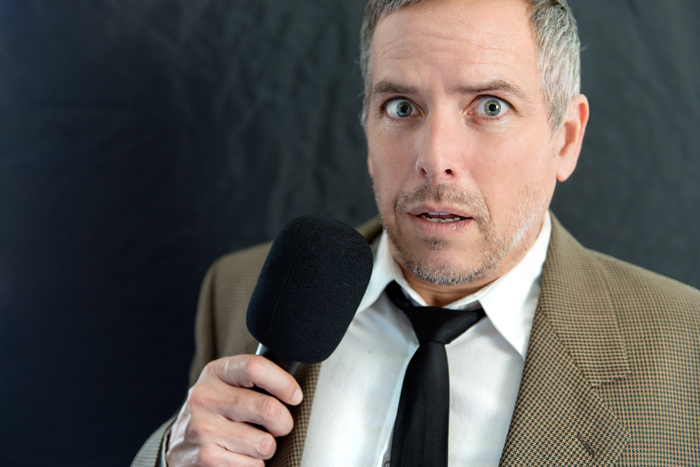
What causes SAD? Many researchers believe that it might be related to the abnormal functions of the brain circuits that regulate fear and anxiety. People who have an overactive amygdala may have a heightened fear response, causing increased anxiety in social situations. Genetics is also thought to play a part in its roots since social phobia occasionally runs down the generations of a family line. Other factors include stress and the environment.[2]
More Common and Costly Than You Think
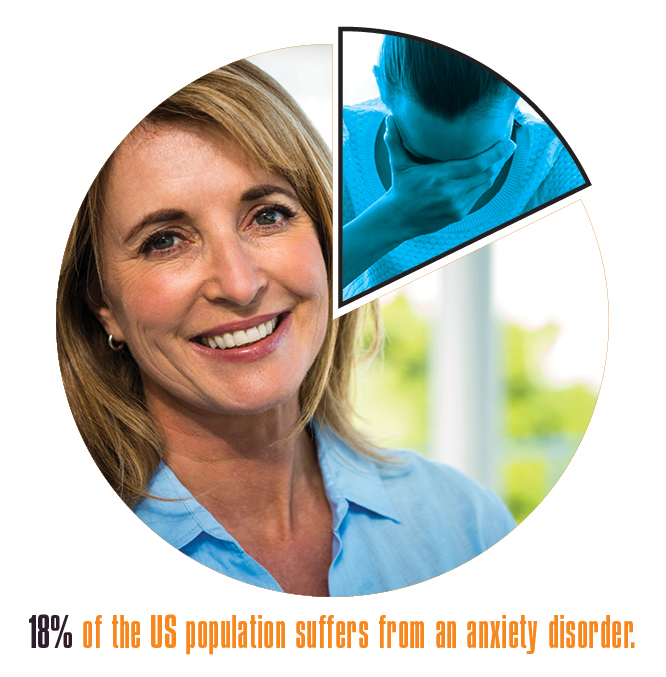
The fear of making a mistake or humiliating oneself in front of others can be debilitating to a person with SAD. Taking a drink to calm one’s nerves is often used as a coping mechanism. Anxiety disorders, which affect over 40 million adults (or approximately 18 percent of the population), are the common mental illnesses in the United States.[3] According to the Anxiety and Depression Association of America, an estimated 15 million Americans suffer from SAD, and 1 out of 5 adults will use alcohol to cope.
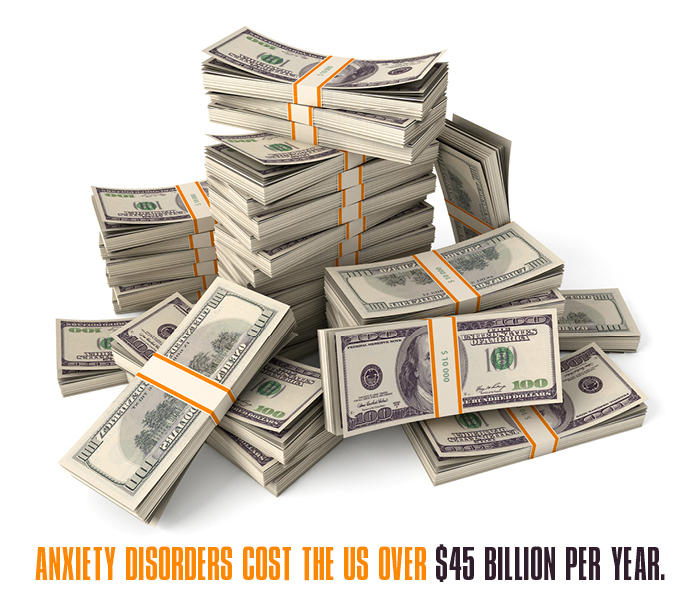
The disorder often surfaces during the teenage years or early adulthood and is more prevalent in women than men. Although highly treatable, unfortunately, only one-third of those suffering seek professional anxiety treatment.
The economic costs associated with anxiety disorders in the United States are overwhelming. In 1990, the costs were estimated to be around $46.6 billion. The majority of the expenditures were tied to the loss and reduction of productivity and other indirect costs instead of treatment.
Symptoms and Signs of Social Anxiety

The symptoms that a person who is suffering from SAD experiences can vary and be difficult to distinguish from other mental health issues, such as depression and obsessive-compulsive disorder. These individuals tend to have negative thoughts about themselves and what will happen to them in social situations. According to the National Institute of Mental Health, some of the common physical signs include:
- Blushing
- Heavy sweating
- Increased heart rate
- Trembling
- Nausea
- Hard time talking[6]
How You Self-Medicate Matters
Even after diagnosis, individuals are often leery about seeking professional help. They underestimate the seriousness of their condition and believe that they can fix the problem themselves. Instead of seeking anxiety treatment, alcohol and other substances are often used for self-medicating an anxiety disorder. Researchers are investigating just how frequently people are using and abusing self-destructive alternatives to deal with SAD and other anxiety-based disorders. Individuals self-medicating an anxiety disorder are two to five times more likely to develop an alcohol or drug problem within three years.
A drink won’t help
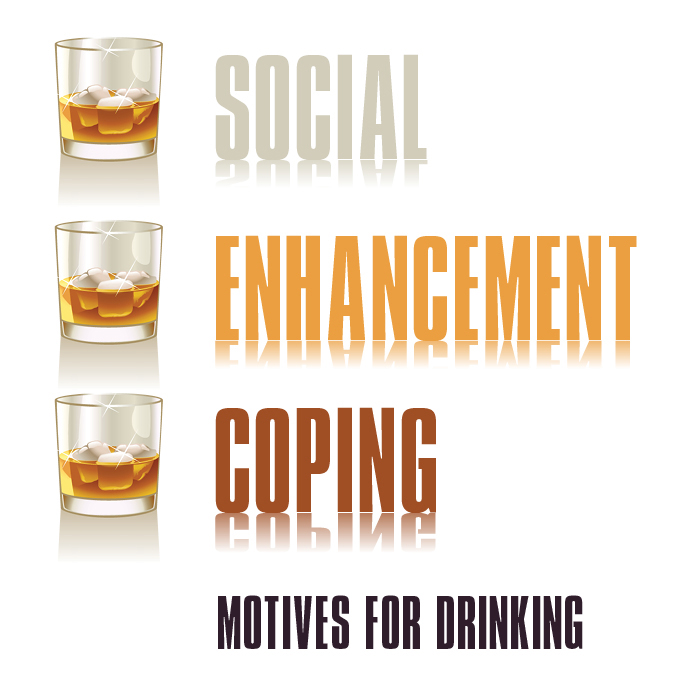
One of the most frequent self-medicating techniques is alcohol consumption. Individuals turn to alcohol because it helps them feel more in control of a given situation or encounter. It also lowers inhibitions and reduces self-consciousness. In some social gatherings, such as parties and mixers, alcohol is available in abundance.
Short-term solution, long-term problems
Self-medicating anxiety with alcohol makes things worse in the long term. Drinking alcohol is only a short-term solution for suppressing anxiety. Initially, drinking may make an individual suffering from SAD have less tension and feel more confident in social situations. However, alcohol is a depressant and has an overall detrimental effect on the central nervous system. According to the National Institute on Alcohol Abuse and Alcoholism, regular alcohol use can lead to long-term health problems such as:
- Stretching and drooping of heart muscles (cardiomyopathy)
- Irregular heartbeats (arrhythmias)
- High blood pressure
- Liver disease/inflammations
- Certain cancers (mouth, esophagus, throat, liver, and breast)
- Weaken immune system [10]
Additionally, alcohol can interfere with the thinking process. Drinking a couple of glasses of wine before a presentation may seem like a way to decrease tension. However, that consumption can lead to making errors and possibly fumbling through the speech, which could increase the anxiety for any future communications. Thus, this compels the anxiously-minded individual to drink even more alcohol and starts a vicious cycle that is difficult to break with alcohol addiction treatment.
Alcohol is Not the Answer
If you suffer from SAD, don’t make the mistake of trying to eliminate your problems with alcohol alone. SAD is a psychological disorder and should be treated by medical professionals. Treating SAD with alcohol leads to additional problems that can destroy relationships with families and friends.
If you or a loved one has already started self-medicating with alcohol, the experts at Behavioral Health of the Palm Beaches can help. Our alcohol detox program in Palm Beach can be your first step. With nearly 20 years of experience, our doctors can develop a treatment program that gives you better options to deal with your anxiety issues.
Alcohol is not a safe and healthy way to deal with anxiety. Reach out to us today at 561-220-3981 to learn more.
Related Reading:


